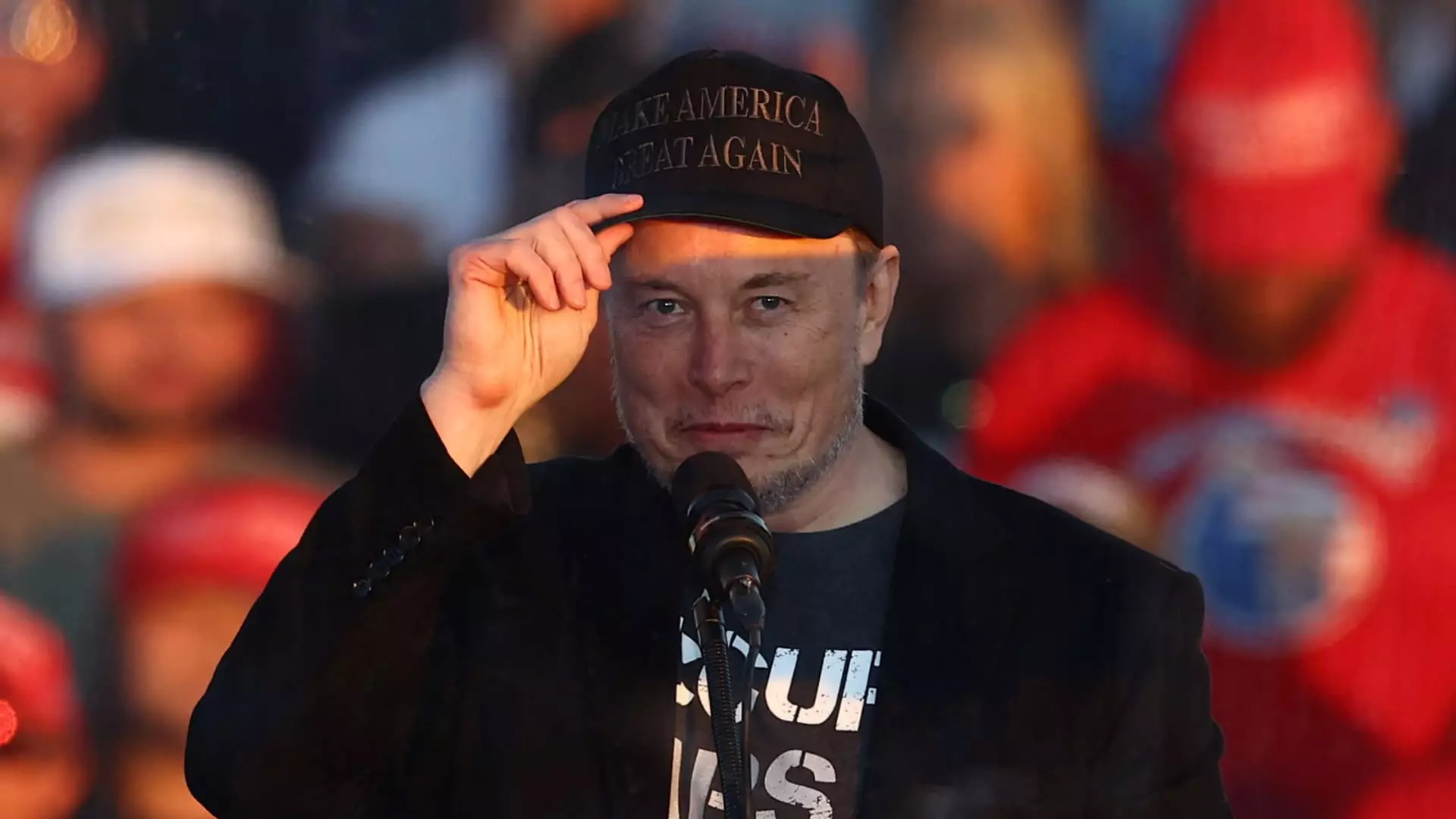In the ever-evolving landscape of international politics, the actions and comments of high-profile figures increasingly shape public discourse and policy. Elon Musk, the remarkable entrepreneur behind Tesla and SpaceX, has notably extended his influence beyond the tech realm, becoming a key player in political conversations across continents. His recent endorsement of Germany’s far-right Alternative for Germany (AfD) party ignites heated debates about the intersection of technology, wealth, and political ideology.
Elon Musk’s political affiliations have long stirred controversy. His publicly posted endorsement of the AfD—an organization known for its far-right ideals—raised eyebrows globally. Describing the party as the sole option capable of “saving Germany,” Musk’s statement aligns him with movements often labeled as extremist. The AfD, in its quest for power, has distanced itself from mainstream political thought and even attempted to rehabilitate the image of controversial historical narratives. Critics, including U.S. Senator Chris Murphy, have condemned Musk’s actions, accusing him of supporting ideologies reminiscent of neo-Nazi movements that promote discrimination and intolerance.
The affinity between Musk’s sentiments and far-right ideologies illustrates a complex relationship where tech entrepreneurship and radical politics converge. Observers ponder whether his status as a billionaire grants him an unwarranted platform to influence political landscapes or whether it reflects deeper currents within modern electoral politics shaped by populism and discontent.
The timing of Musk’s endorsement coincides with a critical period for Germany, where civic engagement appears polarized. With the AfD reportedly polling second in advance of the elections, Musk’s statements may serve to legitimize the party’s radical positions. The chancellor, Olaf Scholz, promptly dismissed Musk’s claim that the AfD could rescue Germany, reiterating the importance of inclusive and democratic governance.
As democracies navigate the treacherous waters of extremist influences, the AfD’s rise highlights a broader trend recognizable across Europe. Countries including the Netherlands, Austria, and Finland have all seen far-right parties gain traction, often fueled by sentiments of nationalism and economic dissatisfaction. In this light, Musk’s endorsement could reinforce similar movements elsewhere, prompting a reevaluation of traditional political allegiances.
Musk’s proactive participation in political commentary is often countered by significant backlash. Critics not only challenge the substance of his assertions but also the appropriateness of a billionaire entrepreneur directing political narratives. His influence, amplified by a substantial social media following, draws scrutiny regarding responsibility and social accountability. It raises an essential question: should significant financial contributors like Musk engage openly in controversial political endorsement, or should they remain neutral in public discourse?
The repercussions of Musk’s statements extend beyond rhetoric to practical considerations. For instance, the AfD criticized Tesla’s operations in Germany, arguing that the factory and its workforce undermine local economic interests. This highlights a potential conflict of interest where Musk’s ambitions in the automotive sector stand at odds with the political leanings he publicly champions.
As technology and politics continue to intermingle, the implications of figures like Elon Musk in electoral landscapes become more pronounced. This era challenges conventional boundaries, blurring the lines between corporate interests and civic responsibility. Musk’s maneuvers in endorsing far-right parties exemplify the growing trend where digital platforms enable rapid dissemination of ideas—both constructive and destructive.
In this context, society must grapple with understanding the impact of wealth and influence on democratic processes. The potential for personal wealth to transform political dialogue poses inherent risks that must be critically examined by global actors, especially as they forge alliances that could steer the political future of nations. Thus, as Elon Musk wields his power, so too do we bear the responsibility to engage thoughtfully with the ideals that shape our times.


Leave a Reply